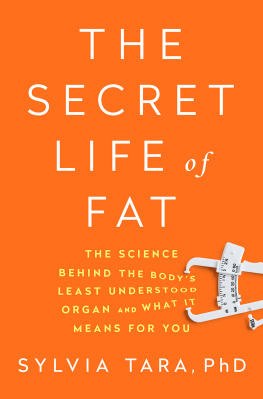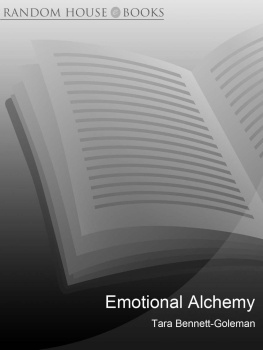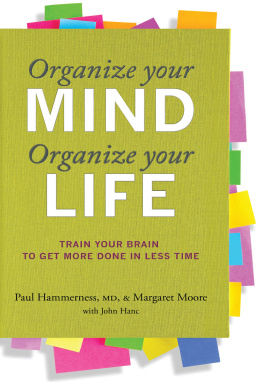Contents
About the Book
Your brain has 86 billion neurons, each of them poised to drive your responses to the world around you. But is your mind focused on your deepest wishes and values or is it running on autopilot?
Neuroscientist Dr Tara Swart is convinced that we all have the power to lead the lives we want. Thats because the things we most wish for health, happiness, wealth, love are not governed by mysterious forces, but by our ability to think, feel and act; in other words, by our brains.
The Source draws on the latest breakthroughs in neuroscience to help you unlock the power of the incredible and complex thing that is your whole brain. By visualising your intentions, understanding how to attract the things you really want and becoming conscious of the pathways of your mind, you have the capacity to live fully, boldly and without regret.
Tap into The Source and unlock your true potential today.
About the Author
Neuroscientist and former psychiatric doctor Tara Swart is a senior lecturer at MIT Sloan and Kings College, London, and an executive adviser to some of the worlds most respected leaders in media and business. She is co-author of the award-winning Neuroscience for Leadership and in 2016 she was named Neuroscientist in Residence at the Corinthia Hotel, London. She is passionate about teaching others how to apply lessons from cognitive science to enhance their everyday lives.
To Robin husband, best friend, twin flame.
And to Tom my son and unexpected surprise!
Some men seem to attract success, power, wealth, attainment with very little conscious effort; others conquer with great difficulty; still others fail altogether to reach their ambitions, desires and ideals. Why is this so? The cause cannot be physical hence mind must be the creative force, must constitute the sole difference between men. It is mind which overcomes environment and every other obstacle
Charles Haanel, The Master Key System (1919)
Preface
A Return to The Source
And yet the menace of the years; Finds, and shall find, me unafraid I am the master of my fate; I am the captain of my soul.
Invictus, William Ernest Henley
LIFE-CHANGING OPPORTUNITIES PASS us by every day. A chance encounter with a potential partner, a comment that could open up a new career; in our frenetic lives such fleeting moments are easily overlooked or dismissed. But with the right help we can train our minds to notice them and to seize them and learn how to transform a split-second into a lasting change. Thats because the things we most want from life health, happiness, wealth, love are governed by our ability to think, feel and act; in other words, by our brains.
This has long been the promise of New Age thinking: that we can control our destiny by reshaping our minds. Despite scepticism, systems like The Secret and its forbears have been used by millions of people for generations. Why? Because, if we strip away the mystique, some of the concepts underlying them are fundamentally powerful. Even more importantly, they are now being backed up by the latest breakthroughs in neuroscience and behavioural psychology.
I am a medical doctor specialising in psychiatry, a neuroscientist turned executive coach and a speaker on mental performance. All my research and practice has led me to be convinced of one thing: our ability to actively alter the way that our minds work. Science and evidence-based psychology are proving that we all have the power to manifest the lives we desire.
This is personal: I have been on my own journey to understanding that the key to creating the life I dreamt of lay within my brain what I call The Source. In this book, I will share the thinking and techniques that have worked for me and my clients, as well as cutting-edge psychological research and neuroscience all distilled into in a rigorous, proven toolkit for unlocking your mind. If you are open to change, and follow these simple steps, then you will be ready to harness more of those life-changing opportunities and reach your fullest potential.
As the eldest child of first-generation immigrant Indian parents, I was brought up in north-west London in the 1970s and 1980s with a curious mixture of cultural beliefs, foods and languages. I quickly learnt to adapt to the various ideas swirling around me, but deep down I felt conflicted. At home, yoga and meditation were part of the daily routine, we adhered to a strict vegetarian, Ayurvedic diet (in which turmeric was lauded as a cure-for-all) and we had to offer the food to God before taking a mouthful. My parents tried to explain the benefits of these practices but they sounded far-fetched and I just wanted to fit in with my friends. I dreamt of a simple life where what went on at home was in harmony with the world around me.
At school, my younger brother and I would never mention the idea of reincarnation, but at home we had to worship our ancestors with prayers chanted over incense sticks and with food offerings, sure in the knowledge that our ancestors were walking around in another dimension and able to exert an influence on our lives. Much to my amazement, it was casually accepted in my extended family that I was the reincarnation of my late grandmother. Her purported regret at not having had a formal education (she grew up in a village in India) led to a weight of expectation on me to become a medical doctor the ultimate respected profession in my culture, akin to godliness because of its association with life and death. I dutifully went through school and to university on this path that had been laid out for me without question.
I believe I was drawn to psychiatry and neuroscience during my first few years at university in a quest to understand myself who I really was and what my true purpose would be if I had been free to decide. In my twenties, I rejected my cultural heritage in a bid to relieve myself of the massive expectations placed on me in childhood. I moved out of home and in with my university friends, became interested in fashion and expressing myself through my clothing, started to travel around Europe and then to South Africa, and ventured into the realm of having a boyfriend. I met my husband-to-be when we were both working in psychiatry, and we moved to Australia then later lived in Bermuda, all of which expanded my world view and understanding of people and cultures. But the real crunch point came in my mid-thirties when I suffered major personal and professional crises at the same time.
I had become increasingly unhappy in my work as a psychiatrist, worn down by the long hours and workload and the sense of not being able to make a real difference to my patients. I witnessed so much human suffering and saw how tough and cruel life was for the mentally vulnerable. I cared deeply about my patients, but I had a nagging sense that they deserved more than just medication and hospitalisation that a healthier regime and a sense of well-being could be cumulative in terms of their recovery. There was something negative for me about focusing only on illness, with at best a return to normality as the end goal for treatment. I knew that there was a world out there where a good outcome could be even better and I felt that I would contribute more to the world if I could work in a way that sought to optimise health, rather than simply treating acute symptoms after the event. In the end, I decided to leave and try to do something about it. At the same time my marriage fell apart with a disastrous impact on my own sense of identity and confidence. I felt like I was drowning, with nothing to hold onto and no end in sight. I needed to master mental resilience for my own sake as well as others.

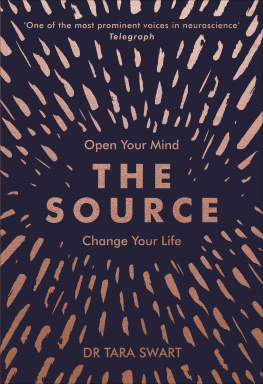
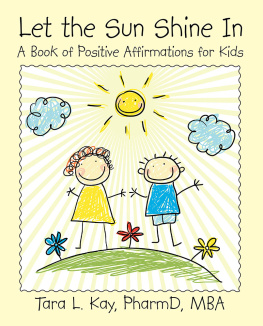
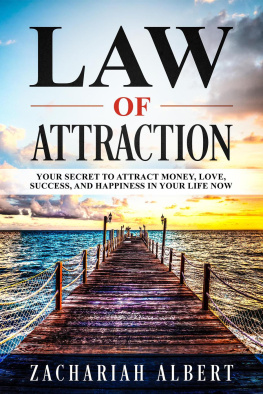
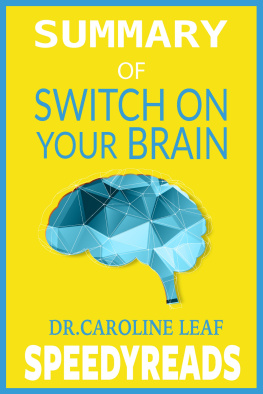
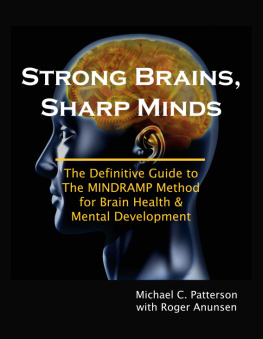

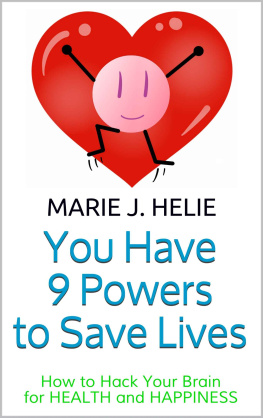
![SpeedyReads [Dell] - Summary of Switch On Your Brain; The Key To Peak Happiness, Thinking, And Health](/uploads/posts/book/117453/thumbs/speedyreads-dell-summary-of-switch-on-your.jpg)
